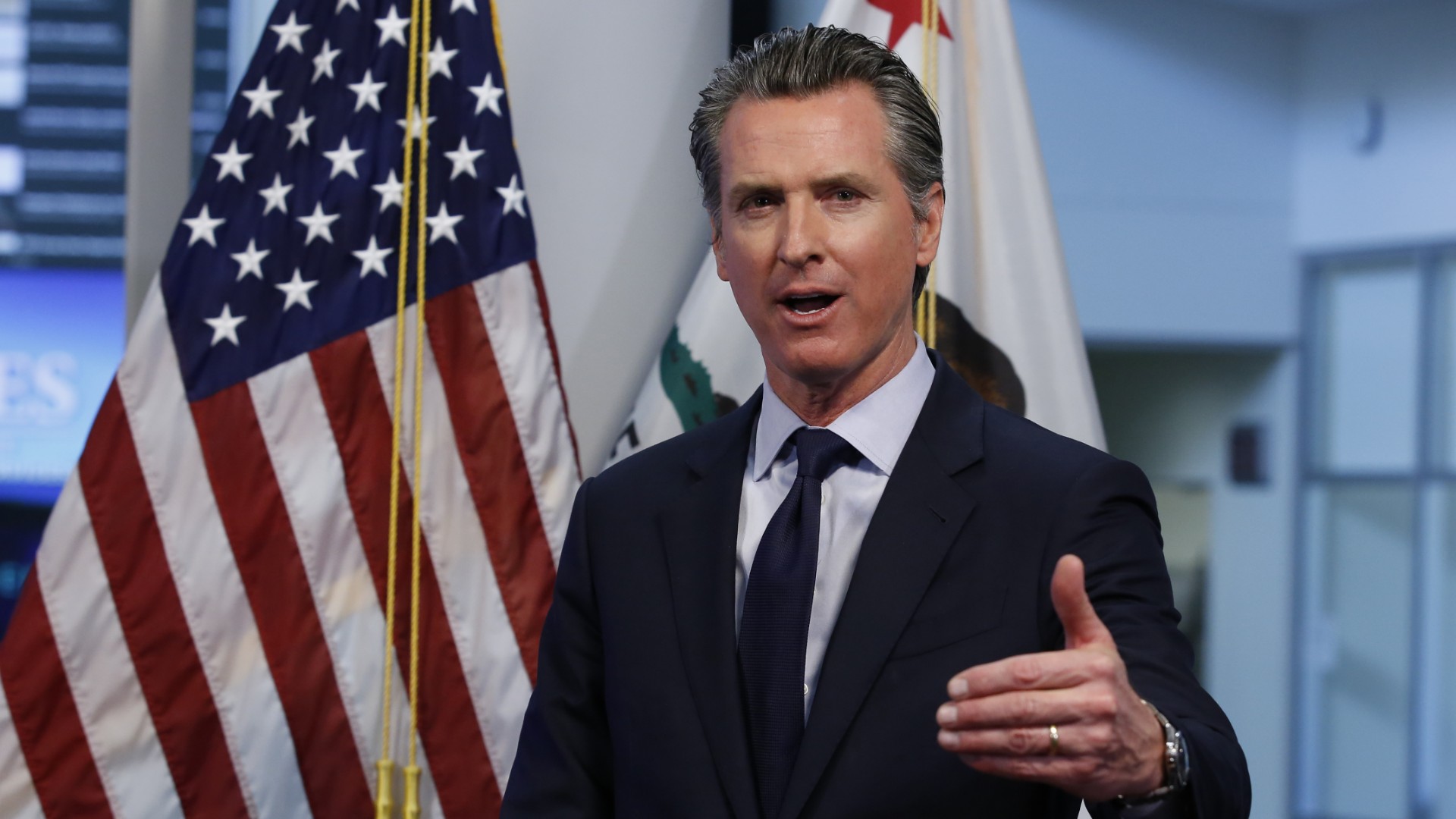In San Francisco, two competing ballot measures, Propositions D and E, are promising to cut through red tape and get affordable housing built more quickly. They sound similar on the surface, but they have some key differences.
Proposition D
Proposition D comes from Mayor London Breed, and most of its funding comes from tech executives. The mayor says it could cut the time to build housing developments from six years to six months, for projects in which a significant portion of the units are marked as affordable, and the workers building them are all making a living wage. Prop D also raises the income threshold for some of those units, so more people can qualify to live in affordable housing.
Opponents of Prop D say they worry it's not picky enough: that it could end up fast-tracking a lot of small studios for middle income, young, single people, in buildings that also have luxury condos.
Proposition E
Proposition E was written by the Board of Supervisors, and it would fast-track some housing developments, but only the ones that meet very stringent requirements.
Compared to Prop D, a higher percentage of units would have to be affordable to qualify for fast-tracking under Prop E, and a certain number of those units would need to be 2- and 3-bedroom floor plans suitable for larger families. The workers who build the housing would have to be in a union. Prop E would keep a low income threshold, so not as many middle income renters would qualify.
Local
Prop E's opponents say they worry the rules are too strict — and because projects under Prop E can still be held up for environmental review, they worry it leaves too much red tape, so the housing the city needs wouldn't actually get built.
Who's backing them?
Get a weekly recap of the latest San Francisco Bay Area housing news. >Sign up for NBC Bay Area’s Housing Deconstructed newsletter.
So far, Prop D has raised more than $2 million, with endorsements including the Chronicle, the San Francisco Chamber of Commerce, the Chinese American Democratic Club and State Senator Scott Wiener.
Prop E has raised more than $700,000, with endorsements from the San Francisco Democratic Party, a number of labor unions, the Harvey Milk LGBTQ Democratic Club, and Assemblymember Phil Ting.
Why are they competing?
San Francisco has a state mandate to build tens of thousands of new affordable housing units within the next decade. With that deadline looming, the supporters of these two measures have been locked in a fierce battle for months. Because they're so similar, a court has ruled that only one of these propositions can win. If both get more than 50% of the vote, whichever one gets the most votes will become law.




